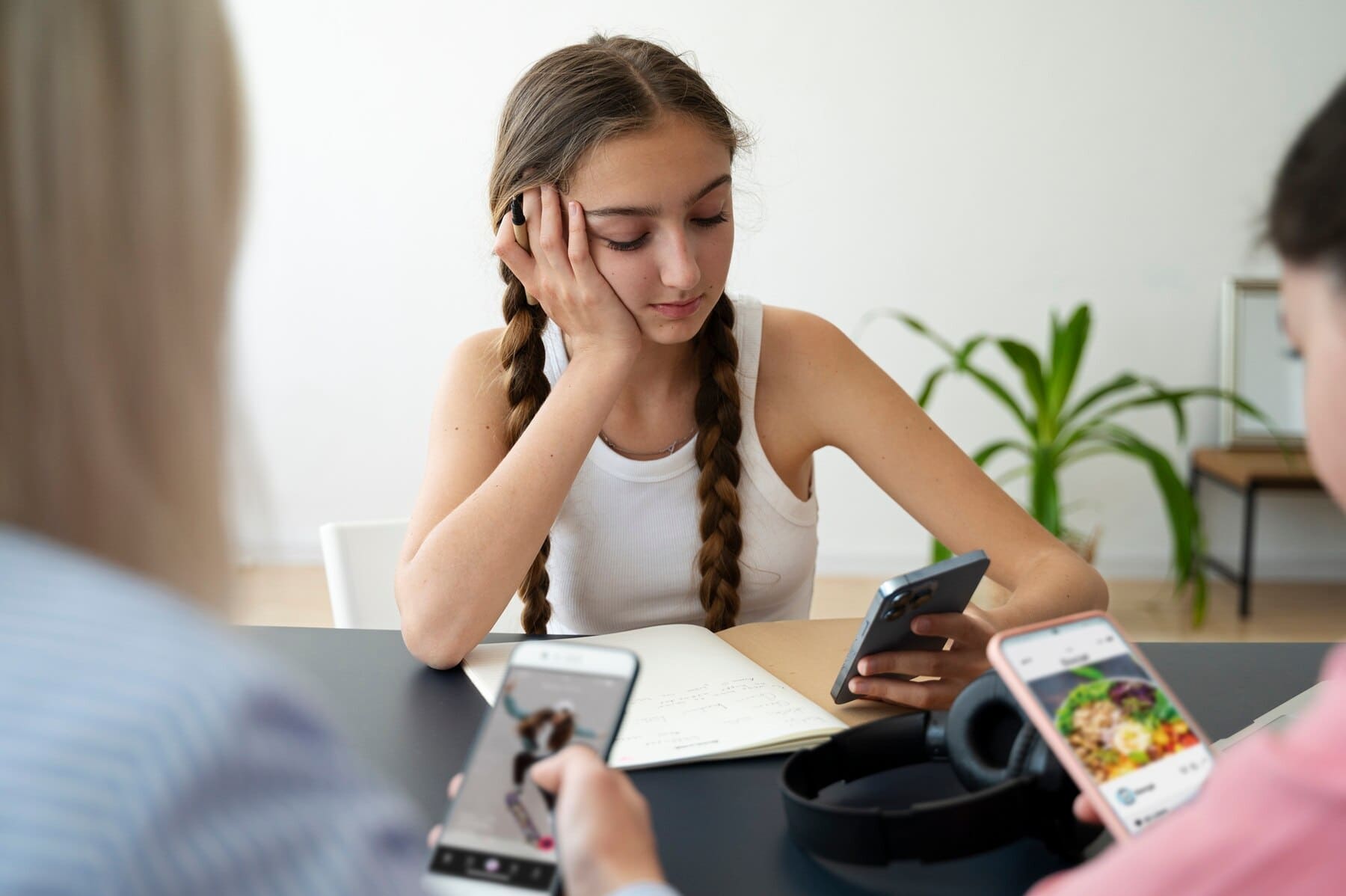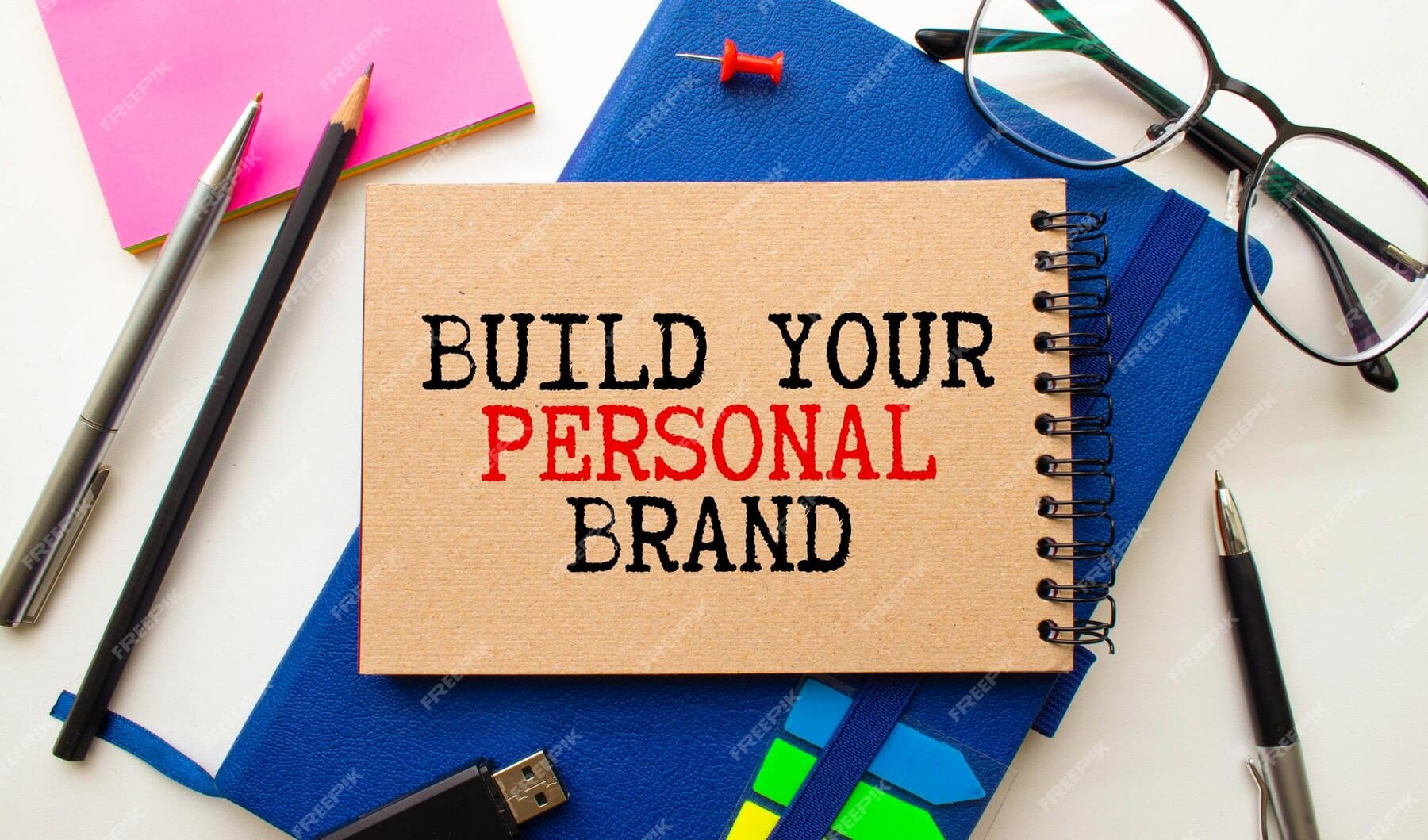
Impact of Social Media on Mental Health: Understanding the Effects
Introduction
Social media has become an integral part of modern life, connecting people across the globe. Platforms like Facebook, Instagram, Twitter, and TikTok allow users to share experiences, express themselves, and stay informed. However, while social media has many advantages, it also has significant impacts on mental health.
In this article, we will explore the effects of social media on mental well-being, both positive and negative. We will also discuss strategies to maintain a healthy balance between online engagement and mental health.
The Positive Effects of Social Media on Mental Health
While social media often receives criticism, it also offers several mental health benefits, including:
1. Social Connectivity
Social media allows people to stay connected with friends, family, and communities, reducing feelings of loneliness and isolation.
2. Emotional Support
Online communities and support groups provide a safe space for people struggling with mental health issues to share experiences and receive encouragement.
3. Educational and Awareness Resources
Social media spreads mental health awareness, offering information, self-help strategies, and access to professional resources.
4. Self-Expression and Creativity
Platforms enable users to express themselves through writing, photography, and video content, fostering creativity and self-confidence.
5. Opportunities for Advocacy
Many individuals use social media to advocate for mental health issues, reduce stigma, and promote open conversations about well-being.
The Negative Effects of Social Media on Mental Health
Despite its advantages, excessive or unregulated social media use can contribute to various mental health challenges:
1. Anxiety and Depression
Studies suggest that heavy social media use is linked to higher levels of anxiety and depression due to comparison, cyberbullying, and negative content exposure.
2. Low Self-Esteem and Body Image Issues
Platforms like Instagram and TikTok often showcase idealized lifestyles and unrealistic beauty standards, leading to self-esteem issues, body dissatisfaction, and eating disorders.
3. Fear of Missing Out (FOMO)
Seeing others engage in exciting activities can trigger FOMO, making users feel left out, lonely, or inadequate.
4. Addiction and Time-Wasting
The constant urge to check notifications and scroll feeds can lead to social media addiction, reducing productivity and disrupting daily life.
5. Sleep Disturbances
Blue light exposure and late-night scrolling interfere with sleep quality, contributing to insomnia and fatigue.
6. Cyberbullying and Online Harassment
Many individuals face cyberbullying, trolling, or negative comments, leading to stress, emotional distress, and, in severe cases, suicidal thoughts.
Strategies to Maintain a Healthy Relationship with Social Media
To minimize the negative effects of social media while maximizing its benefits, consider the following strategies:
1. Set Time Limits
Use apps like Screen Time or Digital Wellbeing to monitor and limit daily social media usage.
2. Curate Your Feed
Unfollow or mute accounts that negatively affect your self-esteem or mental well-being. Follow pages that inspire and educate.
3. Engage Mindfully
Be conscious of your emotions while scrolling. If social media makes you anxious or sad, take a break.
4. Prioritize Offline Activities
Spend time engaging in hobbies, physical activities, and face-to-face interactions to reduce screen dependence.
5. Use Social Media for Positivity
Follow mental health advocates, engage in meaningful discussions, and use social media as a tool for self-improvement rather than comparison.
6. Take Regular Breaks
Practice digital detoxes by setting aside social media-free hours or days to reset your mind.
7. Seek Support if Needed
If social media is negatively impacting your mental health, consider seeking professional help from a therapist or counselor.
Conclusion
Social media is a double-edged sword, offering both benefits and challenges to mental health. While it fosters connection, self-expression, and awareness, excessive or unhealthy use can lead to anxiety, low self-esteem, and other mental health issues.
By practicing mindful social media habits, curating content, and prioritizing mental well-being, individuals can strike a balance between online engagement and real-life fulfillment. Moderation and self-awareness are key to making social media a positive force rather than a source of stress.
Do you find social media helpful or overwhelming? Share your thoughts in the comments below!



